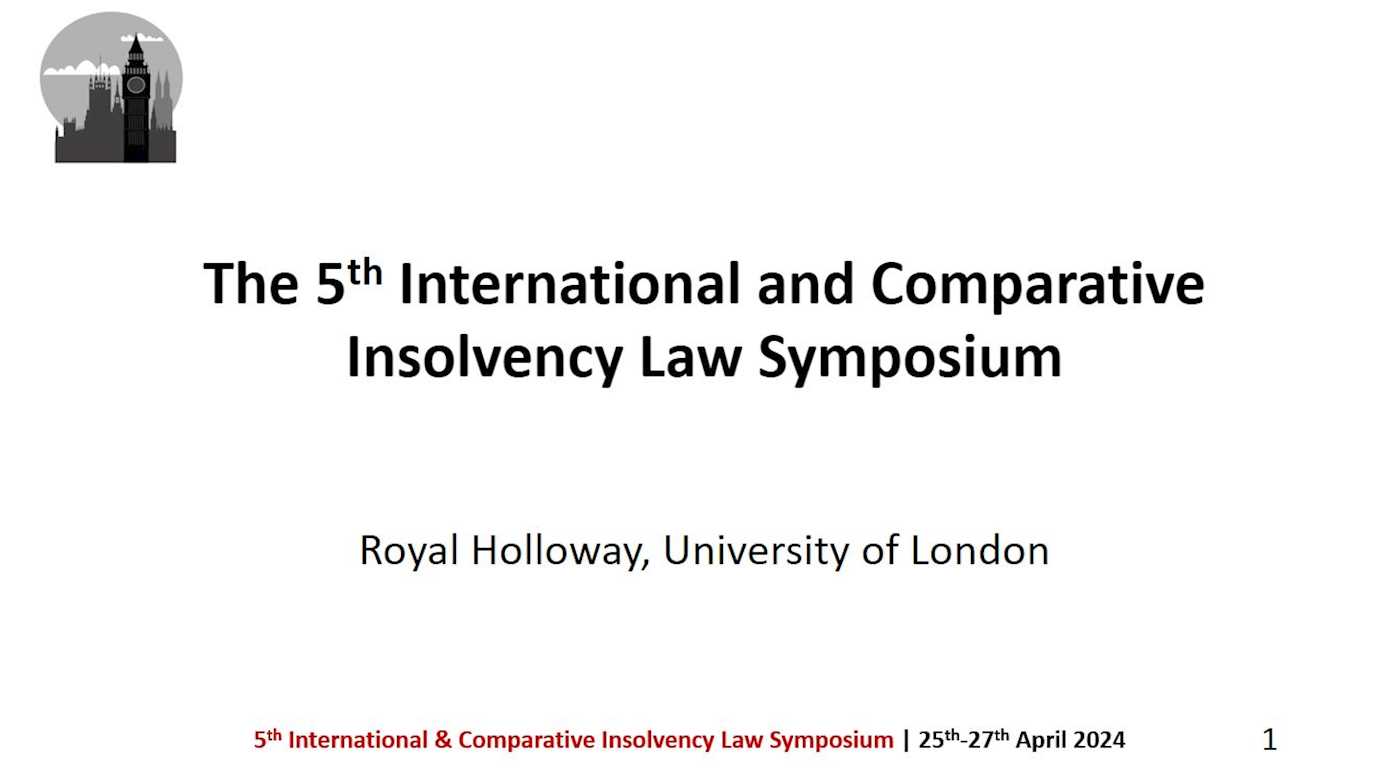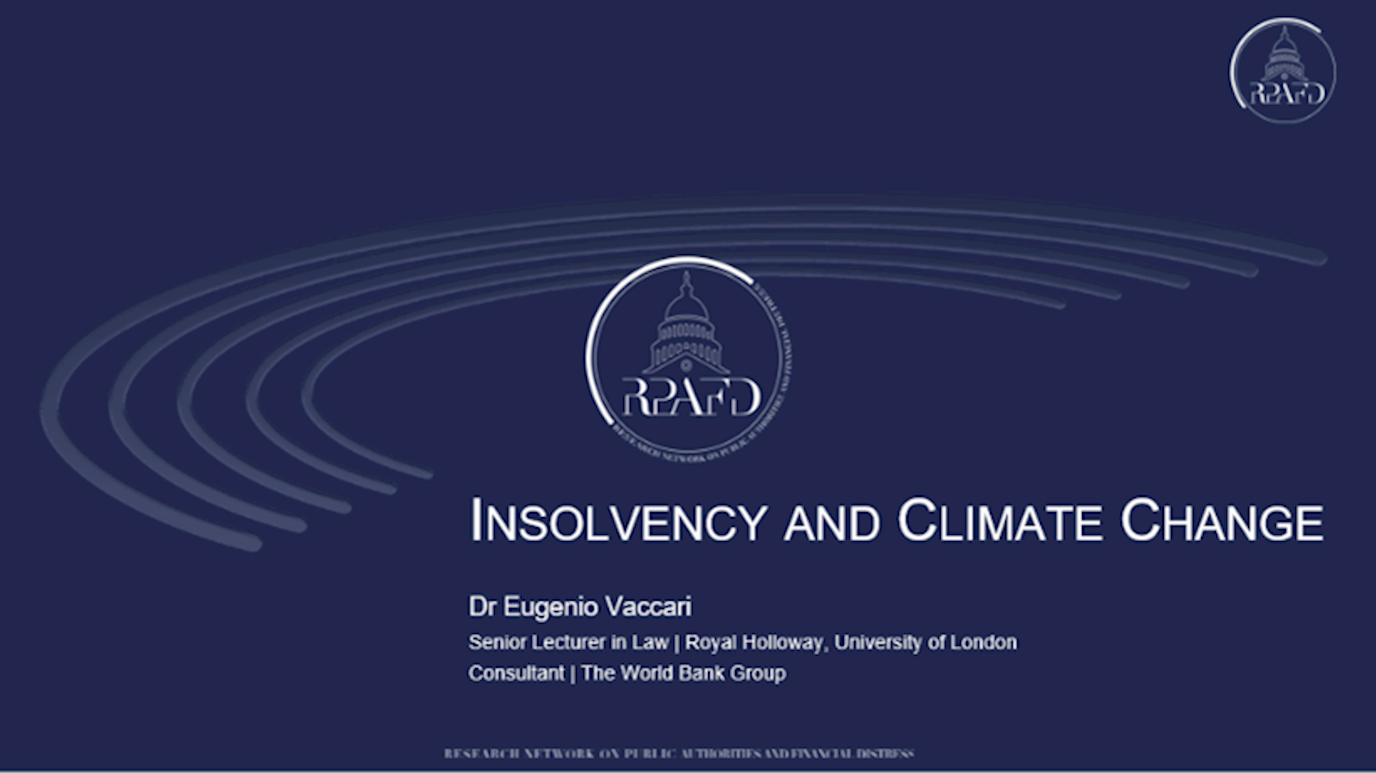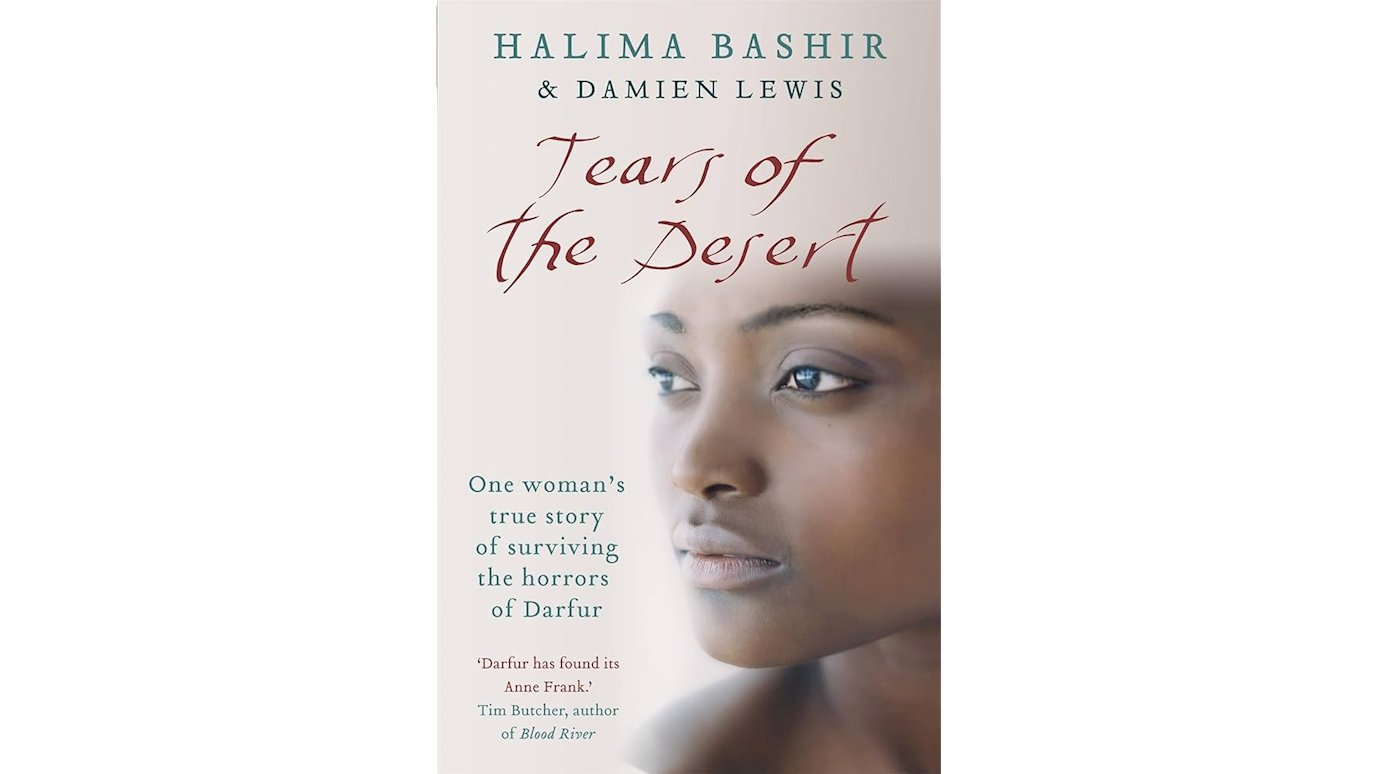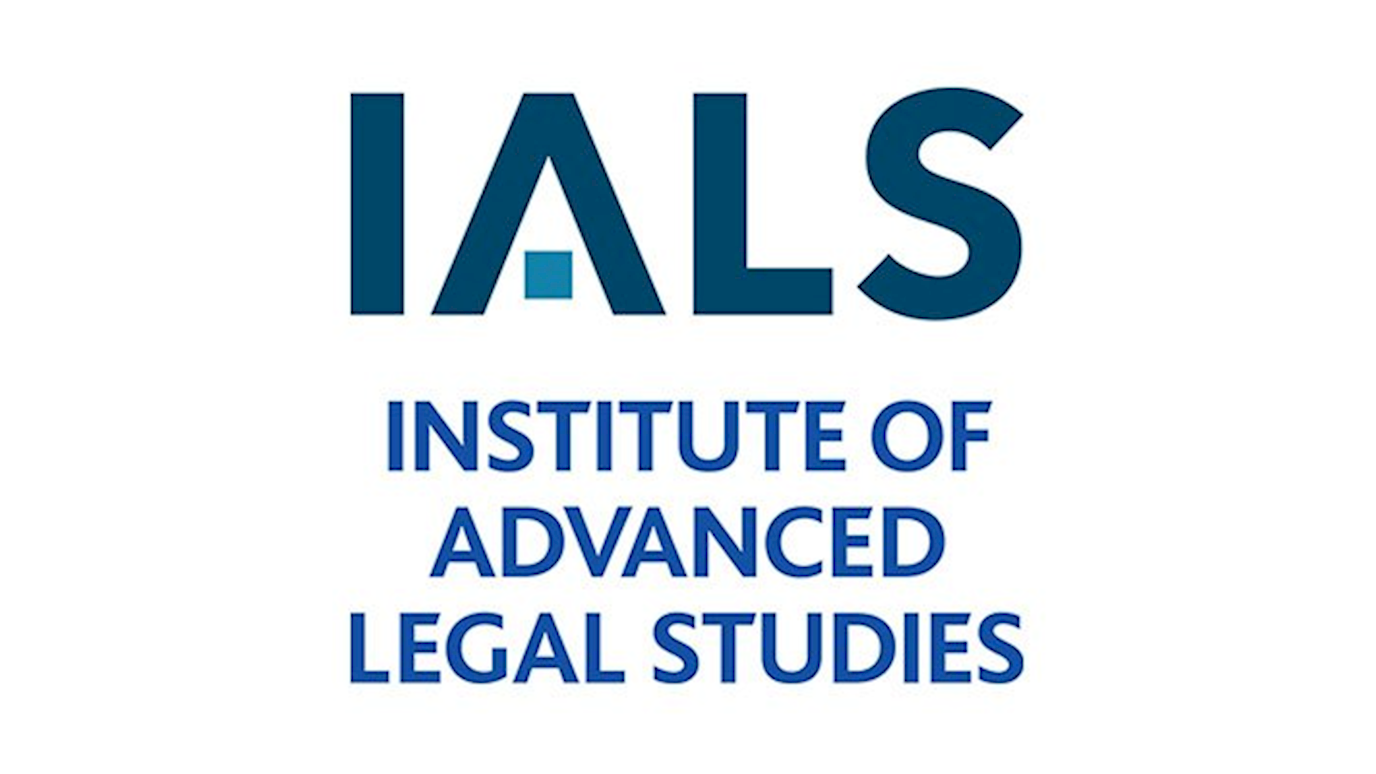Dr Leonardo V P de Oliveira has just published a chapter in the book titled 'Quo vadis Commercial Contract? Reflections on Sustainability, Ethics and Technology in the Emerging Law and Practice of Global Commerce'. The book is the first volume of The London Centre for Commercial and Financial Law series called LCF Studies in Commercial and Financial Law, published by Springer.

Dr Leonardo V P de Oliveira has published a chapter in the book titled ‘Inequality of Bargaining Power and Arbitration: The Tale of Uber’, in the book Quo vadis Commercial Contract? Reflections on Sustainability, Ethics and Technology in the Emerging Law and Practice of Global Commerce. The book is edited by Mads Andenas, Maren Heidemann.
In the chapter, Leonardo talks about the fact that the practice of arbitration has been expanding outside the commercial circle, reaching ‘new disputes’ that used to be decided by courts. The novelty is welcomed; nevertheless, for the practice of arbitration to be sustainable in the ‘new disputes’, a level playing field must be secured. Arbitration cannot be a mechanism to hinder justice.
The chapter evaluates the problem of inequality of bargaining power in the context of arbitration clauses such as those which Uber used to solve disputes with its drivers. This clause was put to the test in three jurisdictions under the same challenge that the clause restricts the contracting parties’ right to bargain. Such an obstacle raises questions of how appropriate arbitration can be when it is used to obtain an advantage over weaker parties.
Assessing the link between the validity of the arbitration agreement and inequality of bargaining power, the chapter first explains what is understood by inequality of bargaining power and how that works in arbitration and then highlights how this topic has been dealt with in disputes involving Uber and its drivers. The chapter concludes that a holistic approach is needed in such cases. The full text of the chpter can be found at this link.
























